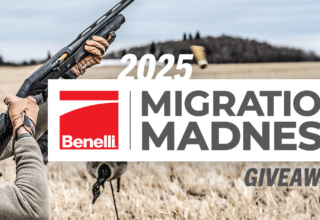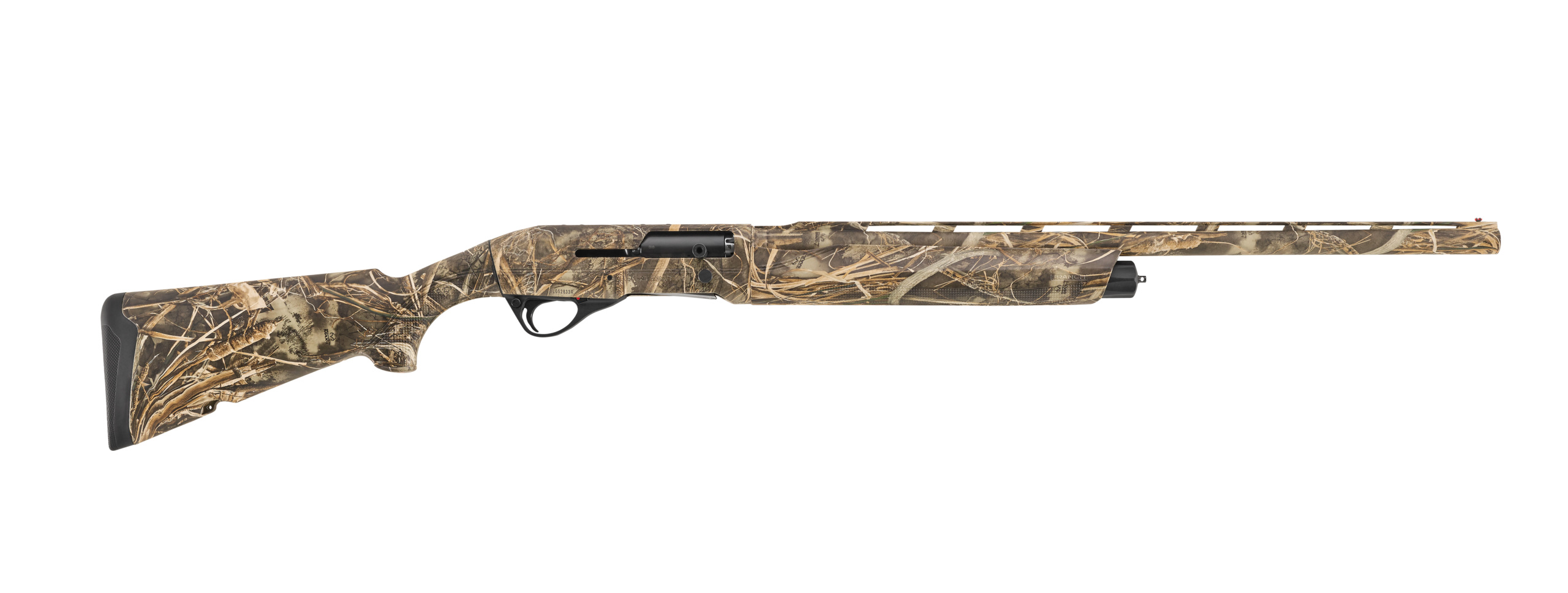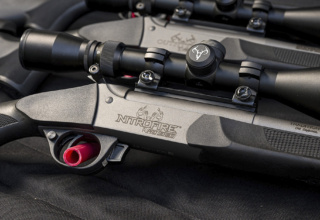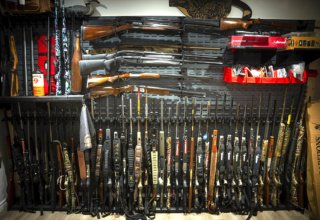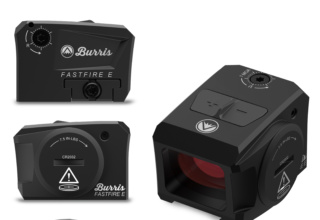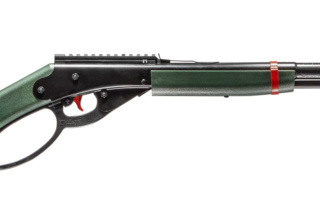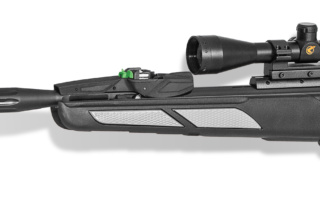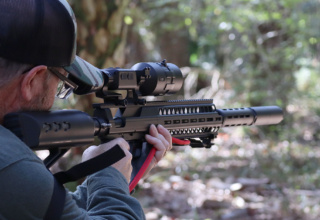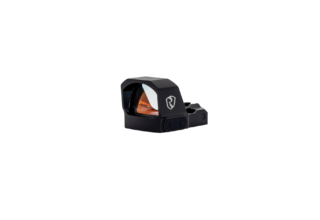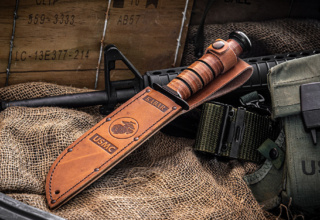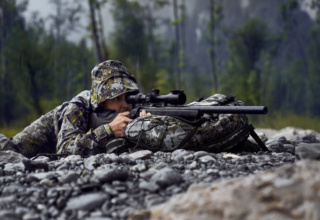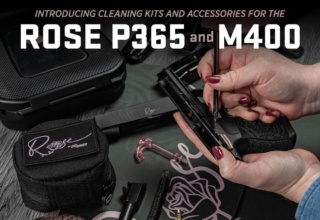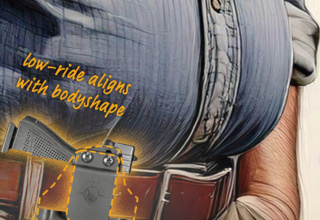I pulled into the field, and my headlights lit up barley stubble for as far as the eye could see. With no moon, when the truck was turned off it was darker than the inside of a black cow! My hunting companions had been stumbling through the field, trying to find their headlamps when I went opened my decoy trailer and turned on the light switch.

Bright lights reached across the field, lighting it up like Wrigley Field during a late-scheduled Chicago Cubs game. The lights were so bright, several of my hunting partners stood in disbelief, as though an Unidentified Flying Object (UFO) was landing on top of them. You could almost hear angels singing, and shouts of hallelujah, as my unsuspecting hunting partners saw the light.
I run a 7 x 14-foot trailer, fully decked out for waterfowl hunting. With so many decoys I can’t even keep track of them all and have been accused of being a hoarder. I have six different blinds to choose from, and always have a garbage can to collect shotshell hulls and garbage at the end of a hunt, to leave a field exactly as we found it. The one thing that left me frustrated was the lack of light for setting up in the pre-dawn darkness.
I started to dream up ways to brighten the work period of the morning when decoys had to be placed just right, and blinds need to be scrubbed and camouflaged perfectly. Darkness often shortens one’s depth perception, and the decoys were often found to be set too close together and not spread far enough apart. Finding straw, or natural material to blend blinds was an exercise in frustration, as you can’t collect what you can’t see.
I ran a couple of ideas past my son, who had worked at a truck shop that customized equipment from special lift buckets to lighting. I researched lights and decided on Cyclops six-inch round spot lights. Each light sports 12 LEDs, with 2,100 lumens. To say they are bright is an understatement. Knowing we had to spread the light across the field, and an area to organize blinds, I opted for three of the round spot lights on the side of the trailer, and one off the back.
 We used to bring extra vehicles and park trucks facing the trailer to see everything, but with the spot lights, there is no need for extra lighting or even headlamps.
We used to bring extra vehicles and park trucks facing the trailer to see everything, but with the spot lights, there is no need for extra lighting or even headlamps.
We designed our brackets and drilled and mounted them to the trailer. We contacted the trailer manufacturer and asked for a schematic diagram of the wiring. They provided it, and advice on how to splice in wiring for the lights. It took about an hour, and the Cyclops lights were ready for action.
We had an amazing year for ducks and geese and shot more birds over our decoys than ever before. Perhaps we are getting better at setting up our decoys. Maybe there are more birds, providing more opportunity than ever before. I’d like to think it can be attributed to setting up properly and knowing our blinds and decoys are perfect before we sit patiently in the dark, waiting for the first flock to arrive.


